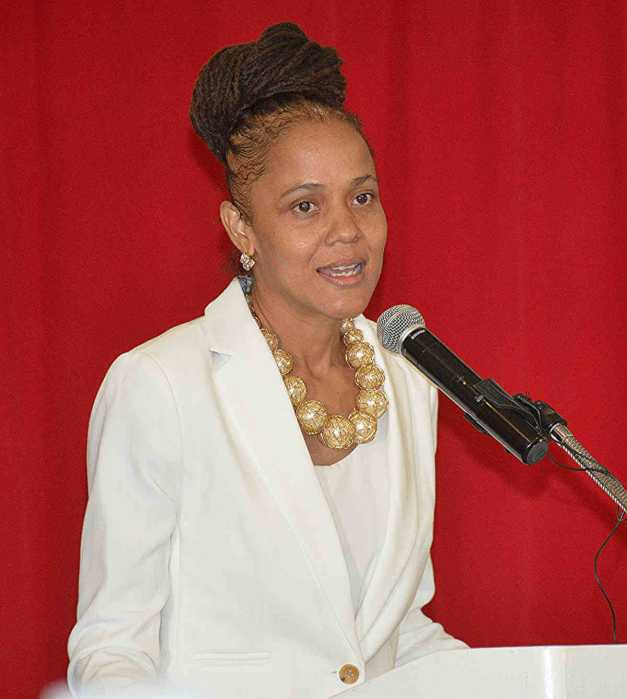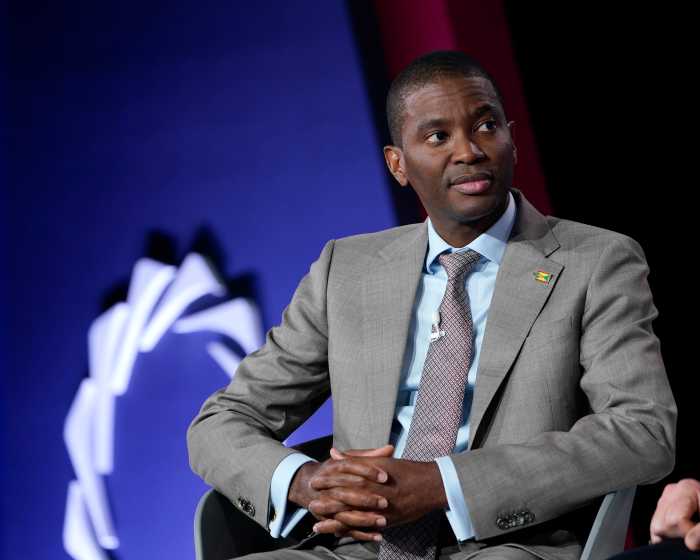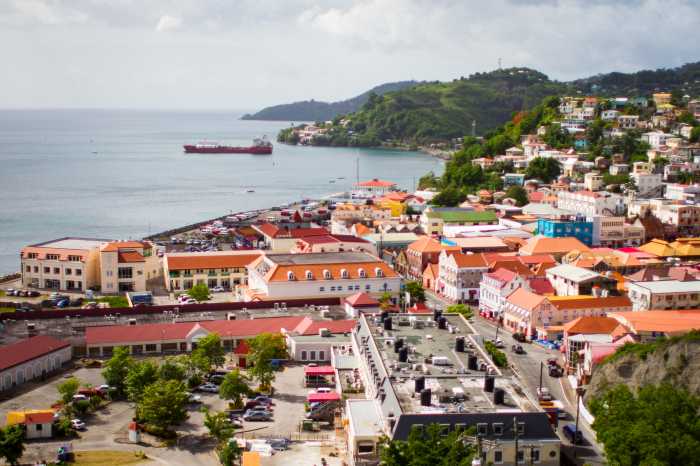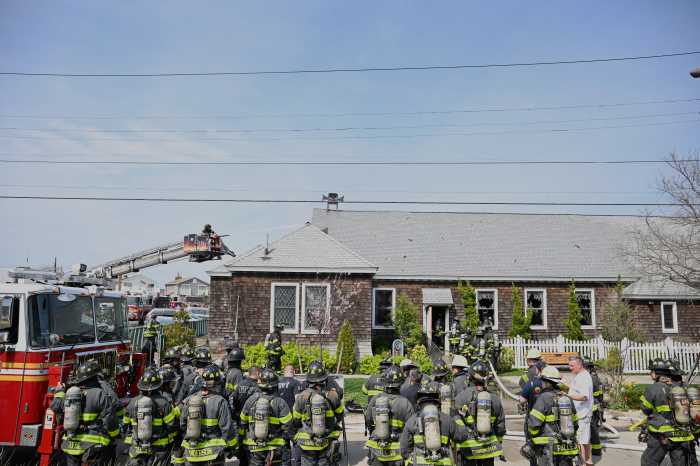The government of Barbados’s financial troubles have got so bad that it will be calling on private sector banks and other corporations for a bail out, according to Central Bank governor, Cleviston Haynes.
The head of Barbados’ monetary authority said this week that government foreign reserves are so low that “accessing increased public and private sector capital flows is therefore warranted to strengthen the reserves position.”
To illustrate, at a glance, the dire straits in which Barbados finds itself, a look on current financial holdings as reported by Haynes Wednesday, must be compared with how the nation’s foreign reserves stood a year ago, then through the past three years.
Haynes revealed in his first quarter report that as of the end of March, Barbados had only $423.3 million (Bds$1 = 50 cents US) in foreign currency for purchases of essential items, including all petroleum products and repayment on foreign loans.
At March 2017 that figure stood at $709.4 million; in 2016 it was $942.5 million; and in 2015 it stood at $1.13 billion.
Notwithstanding the quarter by quarter comparison the March 2018 figure represents all the money the government of Barbados has with which to make purchases abroad for a country that is more than 70 pe cent import dependent.
That money stands in contrast to $1.45 billion it had in 2012.
That current figure enables Barbados a buffer zone of 6.9 weeks of imports in event of a national disaster. The international benchmark of an import period for such eventualities is a minimum of 12 weeks.
While the need to find money for fuel imports remains an ongoing challenge, Barbados has to meet its foreign debt repayments deadlines or risk international creditors risk putting it in default — something which has never happened to this island since independence more than 51 years ago.
Ranking high among the foreign debt repayments is $450 million due to international lender Credit Suisse in twice-annual payments on each deadline of June and December.
With that amount due next month and threatening to consume Barbados’ entire foreign currency holdings, the Central Bank governor announced that government will seek private sector help as it did just over 26 years ago when the administration was in crisis.
“In 1991 as part of the adjustment effort, several private sector entities came together and provided on a voluntary basis, support to the Central Bank to keep our liquidity at a certain level,” Haynes said, adding, “once the adjustment was over, we were able to return those funds.”
He said, “the bank contemplates that we will do some similar exercise on this occasion.”
Borrowing from the private sector to save its foreign currency from a washout and suffering the indignity of a financial default, are not easy measures for a government that is going into general elections in 20 days.


























